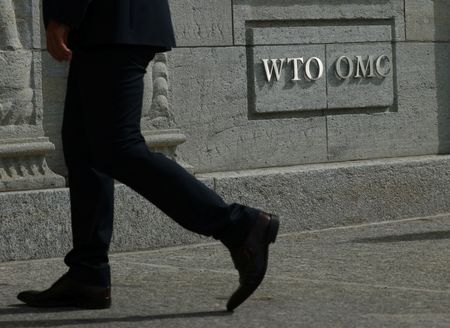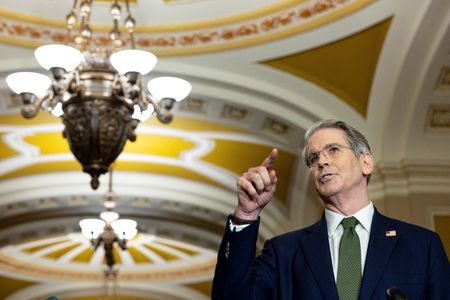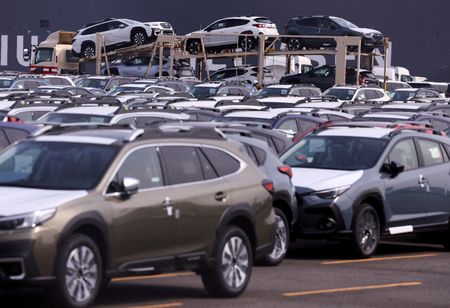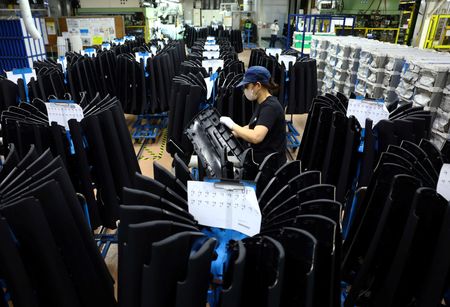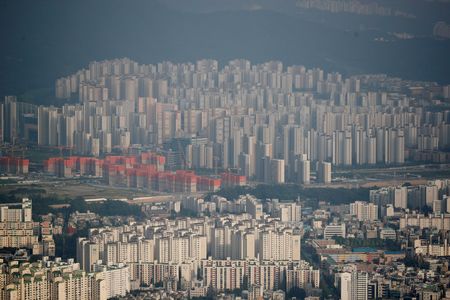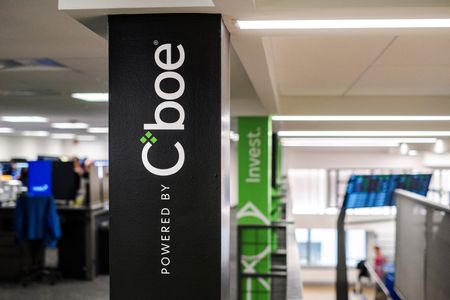By Olivia Le Poidevin
GENEVA (Reuters) -The World Trade Organisation suffered a setback at its General Council meeting in Geneva on Wednesday after a small group of countries again blocked an initiative designed to boost foreign investment, two sources told Reuters.
The Investment Facilitation for Development, which aims to reduce bureaucratic hurdles to encourage foreign direct investment, particularly in developing and least-developed countries, was blocked by India, South Africa and Turkey, they said, asking to remain anonymous due to the sensitivity of the matter.
The WTO requires full consensus from all 166 members for a measure to be included in its formal rulebook. The measure has been formally backed by 127 members.
Trade sources described the latest block as a “disturbing” signal, as WTO members weigh sweeping reforms to revitalise the global trade body, which has been challenged by a wave of tariffs imposed by the Trump administration.
Proponents of reforms are pushing for changes to the consensus-based decision-making process in particular to stop countries from blocking measures and bogging down initiatives.
India, South Africa and Turkey were not immediately available for comment.
“The integration of the IFD into the WTO framework is a litmus test for members’ willingness to turn reform discussions into practical action,” a trade delegate told Reuters, describing it as disappointing.
The EU delegation told members that the IFD did not hurt anyone’s interest and that blocking it would “endanger” the multilateral trade system, according to a statement seen by Reuters.
India and South Africa previously opposed the inclusion of the measure at high-level meetings, including the 2025 ministerial meeting in Abu Dhabi, where it failed to gain consensus.
Keith Rockwell, a trade analyst at the Hinrich Foundation and former WTO communications director, told Reuters that India’s continued obstruction of the IFD agreement is partly a tactic to gain leverage on food security negotiations.
“It signals very difficult times ahead for reform in other areas,” he added.
(Reporting by Olivia Le Poidevin; Editing by Sharon Singleton)

